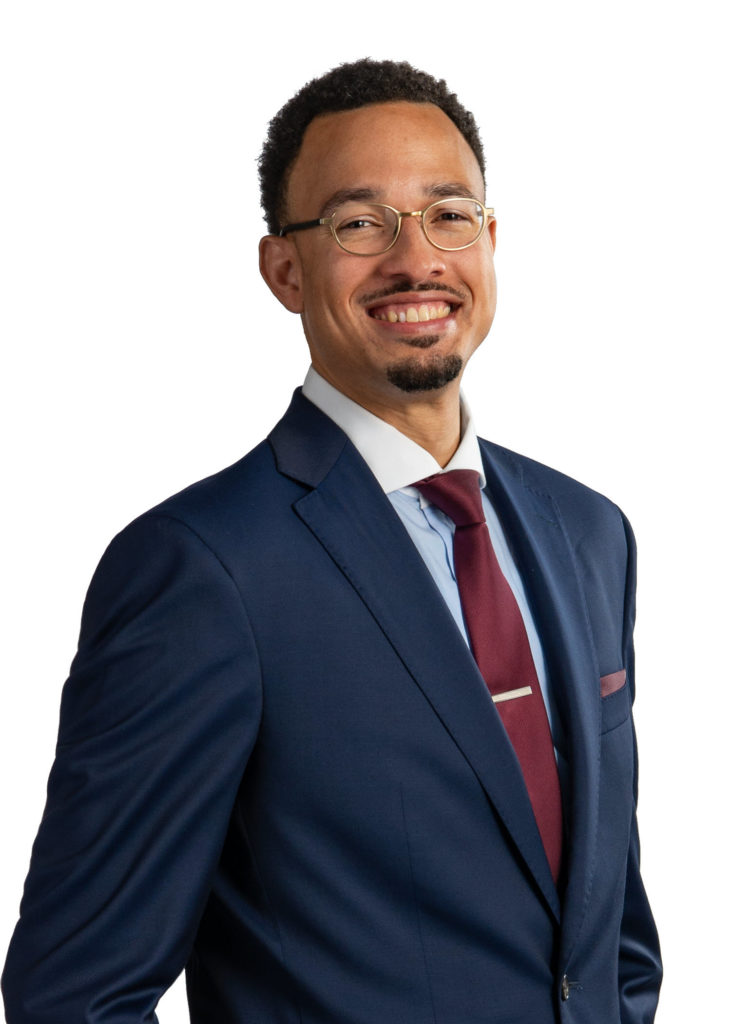As a personal injury lawyer with an extensive background in criminal law, I have been on both sides of the courtroom – on both sides of the burden of proof. On one hand, I have convinced juries that my clients were wrongfully harmed and deserved compensation based on the evidence I provided.
On the other hand, I have represented clients who were declared not guilty of the crimes they have wrongfully faced. Regardless of which side of the counsel table I occupy, I have always had the burden of proof – the burden to prove that I am a competent lawyer despite my skin color.
When I step into the courtroom, I am very aware that I’m not only presented with mounting pressure to represent my clients well, but I am challenged by the watchful eyes upon me that can sometimes be biased or rooting for my failure.
Before I utter a word, I am presumed to be inarticulate, unprepared or unknowledgeable. Thereby, a large part of my burden is proving my competence before I even present my case. Thus, the lessons I learned as a youth, working twice as hard for half of the recognition, apply even more as a Black lawyer.
And for me, this burden transcends the courtroom.

Attending a Historically Black College or University (HBCU) for my undergraduate and law school studies, I experienced the weight of my own preconceived notions. In my mind, I was predestined to work in criminal law, either in a district attorney’s office or after opening a private practice – the usual lineup for young and aspiring Black law school graduates.
Most of us would not pursue personal injury – not due to the lack of ambition but in large part because of the significant financial resources required in establishing a personal injury practice. It wasn’t until I was approached with the opportunity to practice personal injury litigation at a big firm, which had those resources, that I pursued litigation within this new realm.
Upon getting my feet wet in personal injury, I have acquired an additional burden. I have an obligation to succeed not only in my regard but to pave the way for future Black lawyers to succeed in an area of law where we make up an even smaller section of the bar.
This is the reality of my task because if I don’t create an exceptional precedent, how can I assure that others will follow behind me? And will they be given a chance if my efforts fall short of being exemplary?
This duty to be exemplary doesn’t cease while I am working. I carry the great responsibility of what being a Black lawyer means to my community.
Black lawyers, doctors, preachers and educators have always been held in high regard in the African American community. People root for us because we represent the infinite possibilities that were once not afforded to those who look like me. This is a responsibility I don’t take lightly.
While the gravity of this is meant to weaken me, it has only made me a better attorney – a better counselor for my clients, a better lawyer in the courtroom and a better voice in my community. Weaknesses are based upon the perspective you choose to have. I’ve turned these perceived weaknesses into vulnerabilities that allow me to connect with my clients. And in connecting with my clients, I gain their trust; I become their advocate.
Burdens are given to those who can bear their weight so that your experiences can be used as lessons. Through the lessons of being the only Black individual in some courtrooms, I have learned to align myself with local counsel that will give me the best, bipartisan shot at presenting my case in court.
Through understanding that Black lawyers make up a minute portion of the bar as a whole, I have learned to invest time in my community so that young people can see a lawyer who looks like them. I continue to teach young Black law students to become advocates not just for their clients but also for re-engineering the justice system. I empower law students to believe that they belong in this space and that their voices can change the communities around them.
My students know where injustice exists, but it’s my hope – by teaching them to be advocates for themselves, their clients and their communities, while also denouncing inequities in the courtrooms – that one day, my burden of proof will not be theirs to bear.

Sean C. Villery-Samuel has extensive experience as a personal injury and criminal law attorney for Beaumont-based Provost Umphrey Law Firm. He is a member of the Jefferson County Bar Association, the National College for DUI Defense and the National Association of Criminal Defense Lawyers. Mr. Villery-Samual also serves as an adjunct professor at Thurgood Marshall School of Law.
